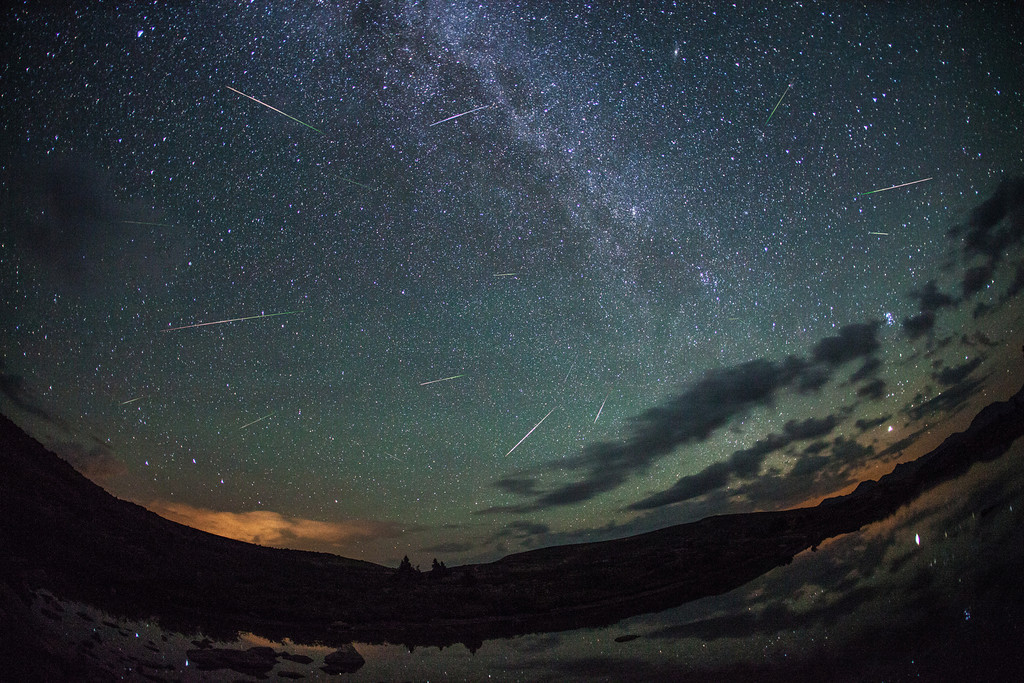Above: Header image by Isaac D. Pacheco
Michael Leggero is a professional nature, travel, and stock photographer with 20 years of experience. Michael is also an educator, teaching workshops all over the world to new and aspiring photographers and professionals. In this feature, Michael shares savvy tips on how to shop for used, secondhand camera and other photo gear to help you maximize your savings. Read on!
How to Safely Buy Used Photo Equipment
by Michael Leggero
In today’s economy, every nickel counts. Just like everything else, cameras and lenses cost way more than anyone wants to pay. I’ve had good and bad experiences with buying used equipment. However, if you do it correctly, then you can save a bundle. In this article, I’ll give you the good’s, the bad’s, and my recommendations on what to look out for in quality products, and where to shop.
9 PRO TIPS FOR BUYING USED EQUIPMENT
1. The type of equipment you buy is a huge consideration. Stay away from used “push-pull” zooms. These usually get loose, and wear out with age.
2. Outdated cameras are also not a bargain as they might seem. For example, you can buy a Nikon d1 or d2 at a very cheap price now. The problem is that—while they were good in their day—today, they are not. The older pro cameras are slow with writing to memory cards, use a lot of battery power, and usually have much more noise than even today’s modern consumer level cameras. They were great in their day—really awesome—but now they are just simply old technology.
3. Used tripods are a mixed bag. If you can see it and try it before you buy, then it might be a good deal. Things to watch out for are loose clamps, bent legs, center shafts that are warped, and cracks in the legs on carbon fiber models. I would avoid eBay or any online store that does not offer a money-back guarantee on anything, especially on used tripods.
4. Buying big expensive professional lenses secondhand are a tough one. Here’s an example for how to be safe: Nikon has been selling a 70-200mm 2.8 lens for years. They recently upgraded that lens, and most pro photographers will buy the new upgrade even if their old lens worked fine. That’s usually a safe bet. If a lens has been upgraded, then buying the old model gives you a good chance that the old owner just upgraded. The best way to be sure is to buy the old model right after the newer model is introduced; that’s when the market is flooded with the older lenses. Same is true for professional cameras. When the Nikon D4s was introduced this year, the price of the D4 became much cheaper in the used market.
5. Filters are a pretty safe bet. Unless the threads are damaged or there is a scratch on the glass, then there’s nothing that can go wrong with secondhand filters.
6. Avoid buying used batteries at all costs! That seems like common sense, but I see used batteries online all the time.
7. Used strobe units are another to avoid, because there are just way too many electronic parts that can go wrong.
8. Secondhand bags and soft cases are usually safe. But avoid used hard cases because the padding is usually already cut to fit the previous owner’s equipment.
9. Used underwater cases are a huge treasure! So many scuba divers try underwater photography and fail, it’s ridiculous. Ebay is full of underwater systems that are used very little, and you can save thousands sometimes! Just remember to test the case in a pool without your camera in it first to make sure it doesn’t leak.
SECONDHAND STORE GUIDE
So where do you buy your equipment? What stores are safe to buy from? Who will screw you? Those are the important questions to ask when looking for sellers. Whether you shop online or in brick and mortar stores, used equipment is available from several sources. Some examples are eBay, craigslist, store returns, pawnshops, and private sales. There are others, but these are what I will be covering. Scroll down for a list of companies I’ve purchased secondhand and used equipment from. (I have no specific complaints for any company; I’ve just had a lot of good luck.)
KEH.com is my favorite place to buy used cameras and lenses. They are honest, and their return policy is awesome. Their descriptions are accurate, and their grading is very strict. I hardly ever buy their top-condition grade because I think they are way too strict. I usually look for items in their BGN or bargain grade. To me, they look almost perfect. If there is a scuff or scratch on something, then it’s a bargain to them. If there is anything specifically wrong, like a ding in the filter ring, they will note that in the item description. Their service is fast; they often ship on the same or next day. The customer service people on the phone are all very knowledgeable. Unfortunately, you will wait on the phone on hold for a while because they are so popular. I think that’s my only complaint with them. Their return policy is simple: if you don’t like what you buy for any reason, you can send it back and get a refund!
Amazon.com has a section where they sell items people have returned. These things aren’t really “used” at all; they are simply customer returns. If you call and get the right person, sometimes you can get the operator to look in the notes, and find out why it was returned too. Do not wait and “think about it” because these items move very fast, so if you need to, buy it fast. Amazon also has a new program for people to sell their items on the site. I’ve had wonderful luck with this, and Amazon backs their sellers with a great guarantee.
Ebay is a risky place. I’ve had mostly good luck. But remember, these are usually regular people that think their item is in much better condition that it usually is. You will often see descriptions such as “mint”, “perfect”, “like new”, “pristine”. These are simply sales words, and really don’t help you any. Look at the description and contact the seller with specific questions. I always ask for a phone number from the seller, so I can call him and talk to him about it. If he doesn’t give it to me, then I move on to the next item—easy.
Craigslist is another source. Unfortunately, it seems that everyone selling on craigslist thinks their stuff is made of gold. I rarely find good deals on there. The advantage of that site is that you can physically put your hands on the item, and examine it before you give out any cash. You can also put a listing on there that you want to buy used camera equipment. This gives you the ability to name your own price if you are a good negotiator. The only problem with that is you will get tons of people calling you, and annoying you with old junk film and point-and-shoot cameras.
Pawnshops are great. You can get a great price, and still be able to examine the item before buying it. In today’s economy, people are pawning everything. The shops are paying almost nothing these days, and that gives them a lot of leeway in what they need to charge. Don’t pay the first price they ask. Haggle with them. If you develop a relationship with a certain store, they will often call you when they get something that they think you’ll want to buy and give you a better price than a normal customer.
Most importantly, just go by the old philosophy of Buyer Beware, and use your common sense at all time. Then you should be fine with buying used equipment, and saving yourself a lot of money.
Got your own savvy camera gear and secondhand shopping tips to share? Leave a comment below!


















Leave a reply